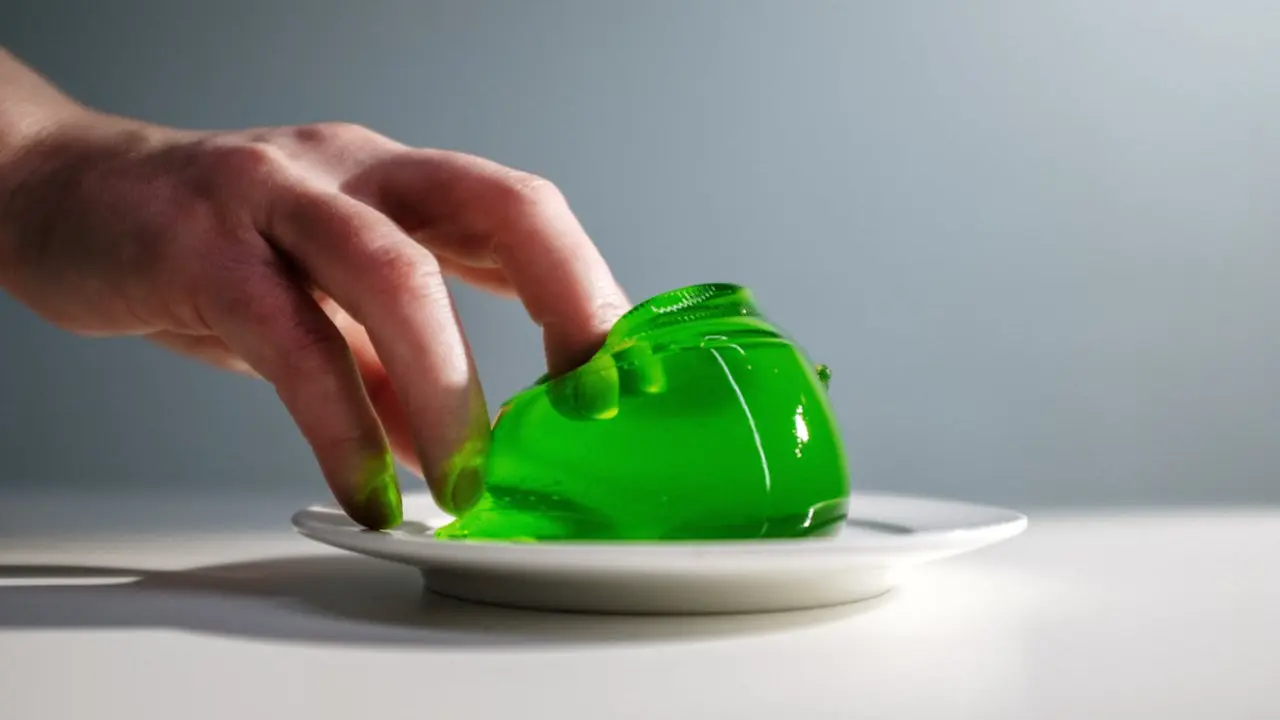Updated 18 March 2025 at 12:33 IST
12 Indian’s Favourite Foods That Are Banned Abroad
While some of these bans are based on valid health or safety concerns, others might seem surprisingly baffling.
- Lifestyle News
- 3 min read

12 Indian’s Favourite Foods That Are Banned Abroad | Image:
Pexels
Indian‘s Favourite Foods That Are Banned In Other Countries: Indians are known for their love of food, cherishing both the flavours and the way it is served. The culinary diversity across the country, from North to South and East to West, showcases a rich variety of regional specialities.
But did you know that some of your favourite Indian foods are banned in certain countries? While some of these bans are based on valid health or safety concerns, others might seem surprisingly baffling.

From popcorn to jelly cups and even the beloved kebab, which bursts with flavour, here are 12 Indian's favourites that are banned abroad.
Advertisement
12 Indian’s Favourite Foods That Are Banned Abroad
- Popcorn: Although popcorn and movie theatres have happily coexisted, since the 20th century and during the 1940s there were attempts to ban popcorn in theatres because of the noise it made. Legends say that after sound effects were introduced in cinemas, the issue became less of a concern.
- Ketchup: There was once a banning of ketchup in France’s Primary School Meal, your favourite go-to dipping sauce, because it didn’t contain enough tomato to be classified as ketchup.
- Chewing Gum: Another item on the banned list is chewing gum, which is commonly consumed in India. It was banned in Singapore in 1992 to maintain cleanliness. The only exception is nicotine gum, which is allowed for medical purposes.
- Korean Noodles: One of the most trending foods in India is spicy Korean noodles. Since Indian cuisine is already rich in spices, Indians have a higher tolerance for heat. However, Denmark banned these noodles, stating that excessive spice consumption can cause food poisoning.

- Kebabs: One of the Middle East’s most famous delicacies, kebabs, has travelled across the world and evolved over the years, influenced by different countries and regions. However, Verona’s government imposed a ban on opening new kebab shops and similar stores, citing a lack of decorum.
- Raw Milk: Did you know that unpasteurized milk can carry diseases such as listeria, Salmonella, E. coli, etc.? Raw milk is banned in parts of the United States and Canada due to health concerns.
- Durian Fruit: When you think of vegetarian Indians, their go-to option for a non-vegetarian taste-like dish is durian. This fruit can be prepared in various ways. However, Australia banned durian in 2018 because its pungent smell was mistaken for a gas leak by students.
- Surprise Egg: A surprise egg containing a toy inside a chocolate shell was found to be hazardous by the US Food and Drug Administration (FDA). As an alternative, a modified version has been released where the toy is placed in a separate compartment inside the chocolate.

- Coffee Matt: This item is banned in some European countries because it contains trans fats, which are considered unhealthy.
- Raw Almonds: Surprisingly, the US has banned one of India’s favourite superfoods which is almonds. The country does not allow the sale of purely raw almonds. According to reports, the almonds available in the market are actually pasteurized, a process that takes up to 9 hours. This is because raw almonds can carry Salmonella, which can cause fever and abdominal cramps.
- Avocados: One of the most trending food items in recent times is avocado, which has become a staple breakfast item and a go-to snack. The first ban on it was imposed in UK restaurants due to environmental concerns.
- Mini Jelly Cups: Your childhood go-to snack, mini jelly cups, which come in a single-serving container of jelly, is banned in the European Union and Australia, among other countries. Experts say that the shape and texture of the jelly pose a choking hazard for children.
Published By : N. Lothungbeni Humtsoe
Published On: 17 March 2025 at 18:56 IST
